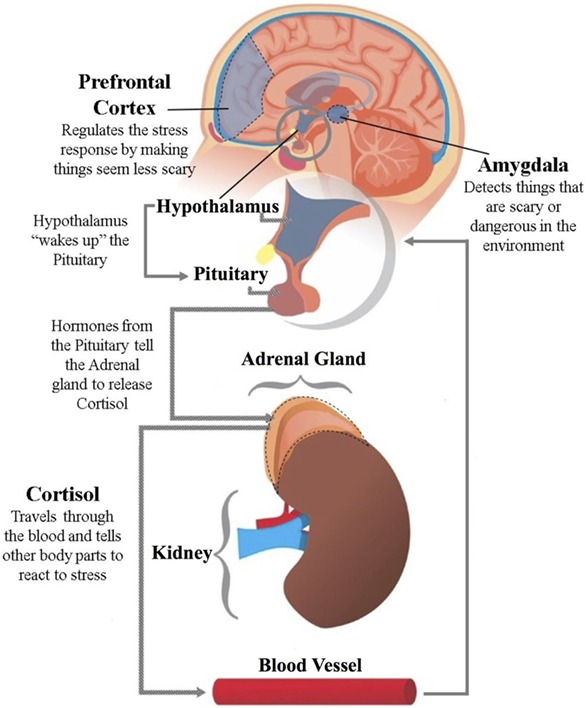Posts Tagged ‘Cortisol’
On World Health Day 2020, let’s discuss the stress response and the General Adaptation Syndrome (2/3)
_______ [Editor’s note: Continued from yesterday’s Exploring the human brain and how it responds to stress (1/3)] Stress was put on the map, so to speak, by a Hungarian — born Canadian endocrinologist named Hans Hugo Bruno Selye (ZEL — yeh) in 1950, when he presented his research on rats at the annual convention of…
Read MoreStudy finds a key ingredient in mindfulness training: Acceptance (not acquiescence)
Life can be stressful. Whether it’s the stress that comes with having too much work to do in too little time, fulfilling caregiving obligations, or dealing with a major illness or setback, sometimes it can be hard to cope. In response to stress, many people today are turning to meditation or mindfulness apps (myself included). But…
Read MoreStudies suggest we better train the mind as we train the body: with cross-training and in good company
______________________________________________ Different meditation types train distinct parts of your brain (New Scientist): “We are used to hearing that meditation is good for the brain, but now it seems that not just any kind of meditation will do. Just like physical exercise, the kind of improvements you get depends on exactly how you train – and…
Read MoreWhat Everyone Should Know About Stress, Brain Health, and Dance
Everyone experiences stress at some point in our lives. It is important to know that stress can harm the brain, and also that dance can be a great avenue for a person resist, reduce, or escape it. Stress can change the physical structure and function of the brain, affecting wiring and thus performance of one’s activities.
Read MoreTowards a new brain fitness culture: The mainstreaming of mindfulness meditation
The mainstreaming of mindfulness meditation (The Week): “Scientific research has shown that mindfulness appears to make people both happier and healthier. Regular meditation can lower a person’s blood pressure and
Read MoreSix tips to build resilience and prevent brain-damaging stress
These days, we all live under considerable stress — economic challenges, job demands, family tensions, always-on technology and the 24-hour news cycle all contribute to ceaseless worry. While many have learned to simply “live with it,” this ongoing stress can, unless properly managed, have a
Read More




